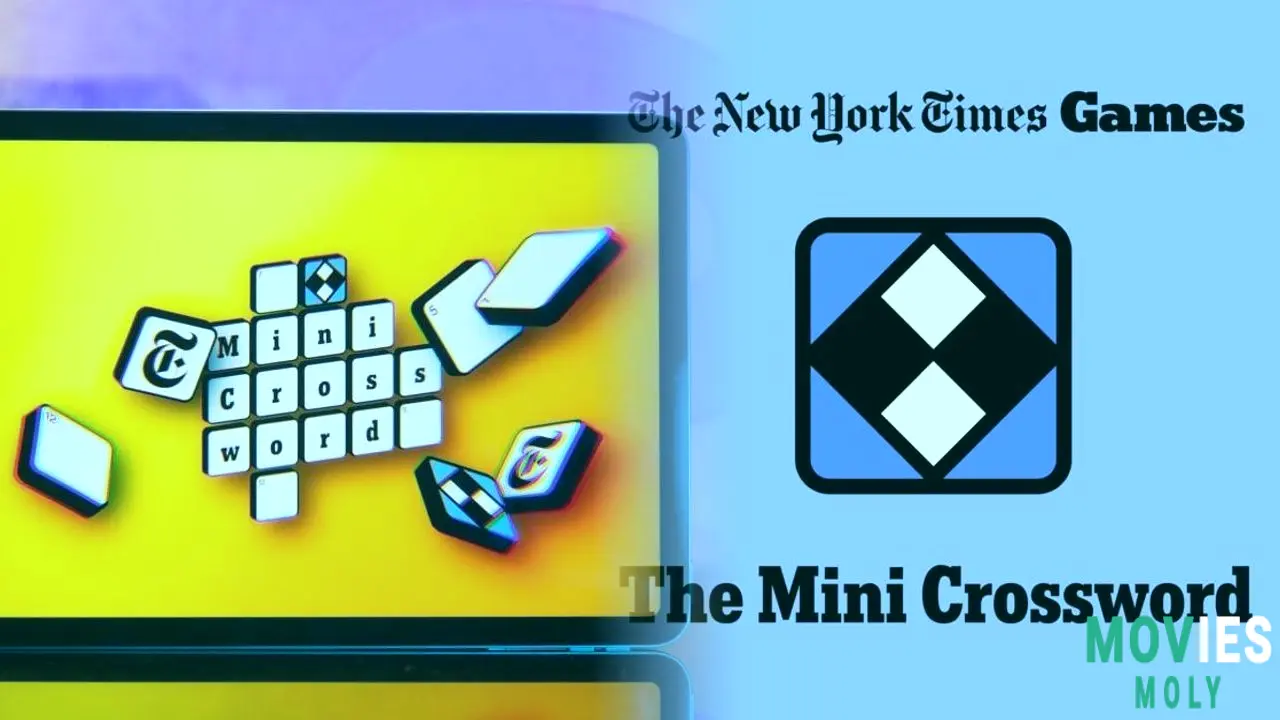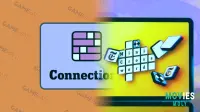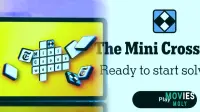If you're anything like me, you undoubtedly have a small routine that includes the New York Times Mini Crossword. It is the ideal small puzzle, just enough to get your mind working without taking up your entire morning. While the major crossword is a large undertaking that requires a lot of knowledge and patience, the Mini is an entirely other kind of pleasure. It's quick. It is a sprint for many people who play it on a daily basis.
So, when a hint abruptly halts your rapid progress, it can be really unpleasant. It's like striking a wall while flying. We've all experienced that feeling on Wordle or Connections. You're speeding through, and then you become stuck. One of the clues in the June 17, 2025 Mini Crossword may have caused some players to hesitate. It read: "Establishment offering chemical treatments."
This clue is clever because it refers to something frequent in our lives. However, it does not reveal the answer straight away. It challenges you to think beyond the apparent. Given the "chemical treatments" portion, my imagination immediately went to something quite formal, if not medical. But the Mini Crossword frequently thinks in simpler, more daily terms. That is part of its appeal, as well as its difficulty at times.
Unpacking the "establishment offering chemical treatments" clue from the New York Times MiniWhy This Seemingly Simple Clue May Have Been A Bit Of A Headscratcher.
When I first read "Establishment offering chemical treatments," my mind raced. What kind of setting would that be? A laboratory? A factory? Something far greater than a five-letter word could explain. But then I remembered it's the Mini. It usually prefers a common word for a common location. The "chemical treatments" portion of the hint is a diversion. It forces you to think too deeply about complex systems. Instead, it refers to something that many people do to unwind or receive cosmetic treatments.
If you haven't already figured it out or looked it up, the answer is "SPA." It seems so clear once you know it. However, the phrase "chemical treatments" may throw you off. Spas provide facials, hair treatments, and nail services, all of which employ chemical products. However, we do not typically conceive of spas in such precise terms. We think of relaxation and pampering. Crossword puzzle writers excel at this. They utilize language to guide and mislead you simultaneously.
I find this type of mystery to be the most rewarding to solve. It makes you feel smart when you finally understand it. It encourages your brain to shift focus from rigorous dictionary definitions to more frequent everyday applications. It's a nice task because it involves interpreting the words. It's not only about knowing a certain information or a difficult word. The Mini achieves this brilliantly, making it engaging even for folks who aren't crossword experts.
The Daily Ritual of The New York Times Mini Crossword and Its Widespread Appeal
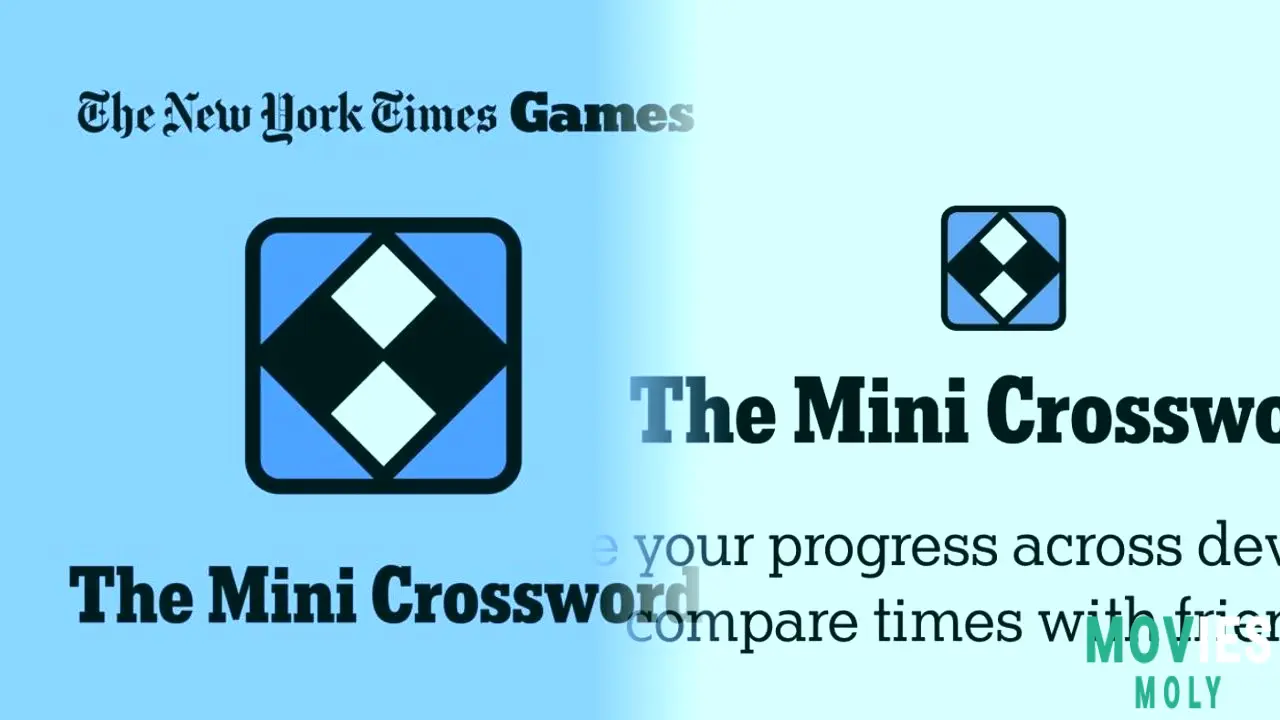
Discovering Why Millions of People Enjoy This Bite-Sized Puzzle Every Day
The Nyt Mini Crossword is a shorter, faster, and simpler version of the main New York Times Crossword. Unlike its bigger sibling, the Mini can be played for free. You do not need to subscribe to the publication. You can play it online or through the app. The ease of access is a major reason for its appeal. People may easily solve puzzles using their phones or computers. It is widely available, which contributes to its popularity.
I believe the Mini occupies a unique position in the realm of internet puzzles. It isn't as challenging as Connections, which requires you to discover hidden categories and relationships between words. It is also less concentrated on a single word than Wordle, which might be frustrating if you guess incorrectly too frequently. The Mini is like a warm-up. It provides a sensation of accomplishment in a short period of time. You solve it, feel wonderful, and get on with your day. It's a satisfying daily ritual.
This puzzle has a history. The first crossword puzzle appeared on December 21, 1913, in the New York World newspaper. It was titled "FUN's Word-Cross Puzzle." It looked different then. The rules we presently follow were not fully developed. That first puzzle may have been a Saturday Mini, or something in between. It's remarkable how word puzzles have evolved over time, becoming more simple and accessible. The Mini is a modern spin on this long-standing institution, ensuring that the brain-teasing enjoyment continues for a new generation of players.
Beyond the Clues: What Makes Mini Crosswords Such a Popular Pasttime?
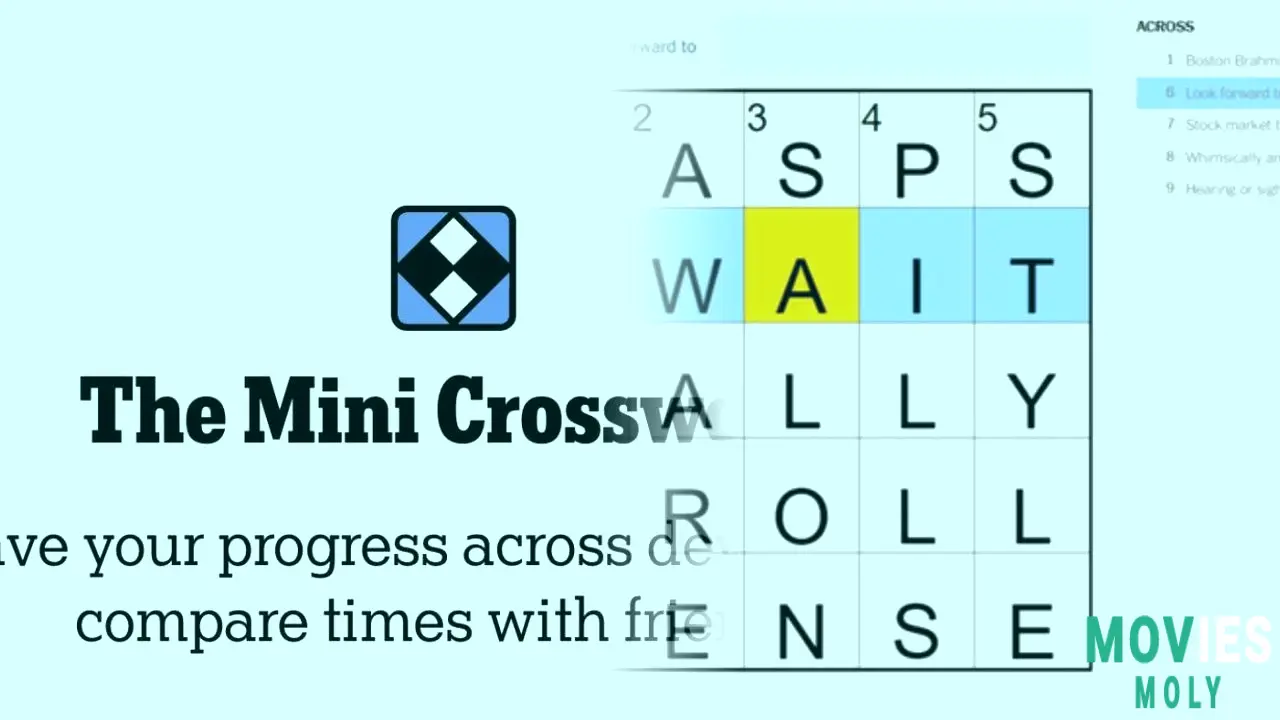
Exploring Why The New York Times Mini Remains A Daily Favorite
The NYT Mini Crossword includes more than just word puzzles. It provides a brief moment of cerebral workout. It's a little break from everything else. Many individuals begin their days with it. It serves as a mental warm-up. It takes little time to complete, making it ideal for those with hectic schedules. This rapidity is a big selling factor. You can complete it during a coffee break, while standing in line, or before beginning work. It is supposed to take only a few minutes to complete.
The daily riddles promote a sense of camaraderie. People frequently post their scores or discuss a tough hint on social media. It's a shared experience. Everyone is attempting to solve the same puzzle. This shared problem brings individuals together. I've heard several friends complain about a specific clue. They giggle when they eventually figure out the answer. This mutual frustration and satisfaction elevates the problem beyond the realm of mere entertainment. It becomes a minor component of daily discussion.
The Mini Crossword writers are highly skilled. They devise simple yet subtle indications. They frequently utilize everyday terms in unexpected ways. This makes the puzzle new and fascinating every day. It's not only about memorizing information. It's about comprehending how language works. It's about thinking creatively. This method makes the Mini appealing to a diverse spectrum of people, not simply word puzzle enthusiasts.
So, the next time you're stuck on a hint like "Establishment offering chemical treatments," try thinking a little differently. Sometimes the most obvious response is concealed behind a slightly formal or deceptive language. And remember the sense of satisfaction you felt when you finally wrote that last letter. That modest daily win is what keeps us all going back to the New York Times Mini Crossword.

